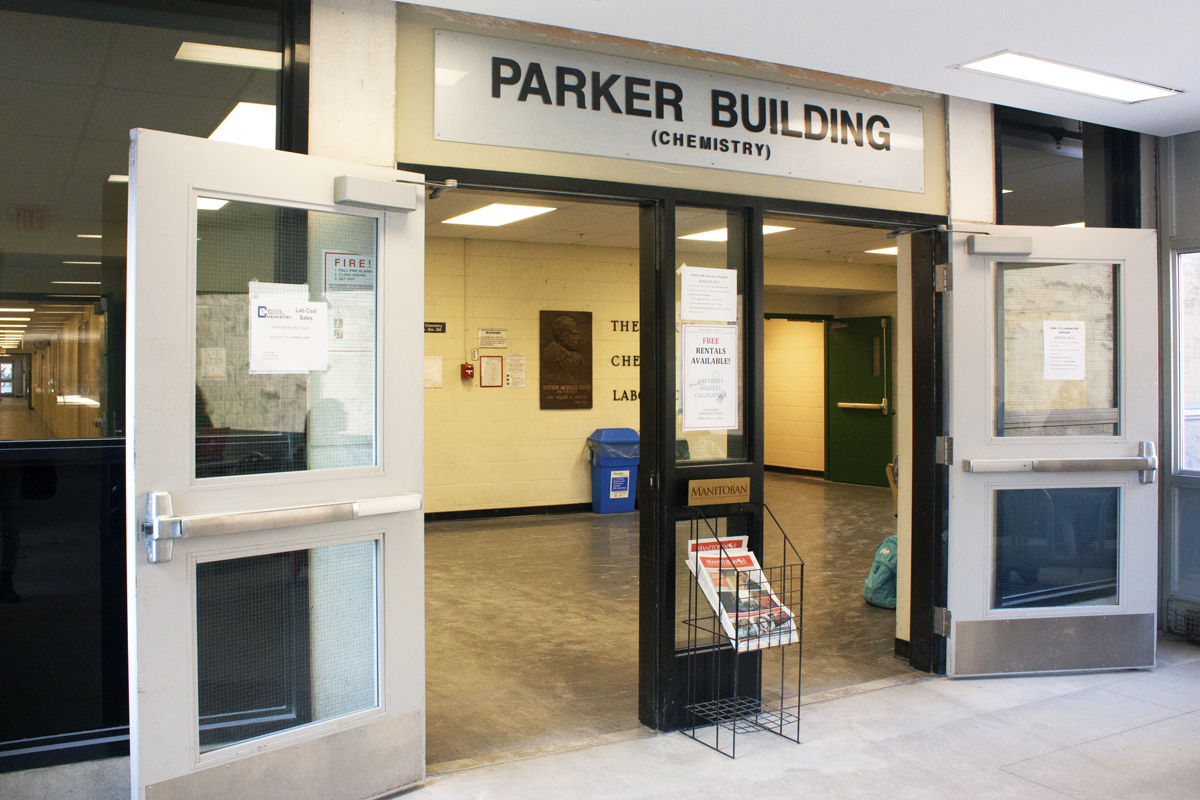The federal government recently announced $2.4 million worth of funding for the creation of the Centre for Oil and Gas Research and Development (COGRaD) at the University of Manitoba, generating mixed reaction from researchers and critics.
The aim of COGRaD is to develop an internationally accredited research facility to focus on environmental monitoring and remediation.
This research will be used to further the study of environmental remediation, a process used by the oil and gas industry to restore contaminated sites, making them safe for humans and wildlife.
The centre also aims to develop new environmental monitoring techniques and analytical tools to meet existing environmental challenges.
The funding will be used to purchase highly specialized equipment, allowing COGRaD to work together with the private industry on research and development.
Peter Budzelaar, a professor in the chemistry department at the U of M, said that the department is pleased with the federal funding.
“It is a very nice interaction between our biochemistry and analytical chemistry; they joined from very different starting points to get this into a working project,” Budzelaar said.
Jörg Stetefeld, associate head of the U of M chemistry department, and Gregg Tomy, associate professor in chemistry, are already working on research projects with the engineering firm Stantec Inc.
Stantec provides environmental services such as monitoring and restoration for the oil and gas industry.
Stetefeld’s research group is focused on the structure-function relationship of proteins as dynamic systems, with the long-term goal of increasing the molecular understanding of target proteins in action.
The focus of Tomy’s research group is on developing analytical methods to measure commercially used persistent, bioaccumulative and toxic chemicals, and on uncovering unreported chemicals in the environment using high-resolution mass spectrometry.
Andrew Park, environment critic for the federal Green Party of Canada and assistant professor in the biology department at the University of Winnipeg, told the Manitoban that COGRaD is an important initiative to help clean up some of the environmental damage of Canada’s oil sands.
“Only a very small area of the hundreds of square kilometres of worked out oil sands mining areas have been remediated to date,” Park said.
“Finding ways to achieve acceptable levels of remediation to the surface environment is a complex business and is probably a good use of university researchers’ time.”
Park said that universities frequently partner with industry for research and development but he questioned whether the public should have to bear the financial burden of research for the oil and gas industry.
“The Green party believes in the ‘polluter pays’ principle, and the profitability of the major oil companies was, at least until recently, more than sufficient to fully support such an initiative,” Park said, adding that the oil and gas industry has already received hundreds of millions, even billions, of dollars worth of subsidy like tax breaks.
The Government of Canada news release for COGRaD states that the oil and gas industry generates more than seven per cent of Canada’s Gross Domestic Product. Statistics Canada states that in 2013, the gas, oil, mining, and quarrying industries contributed 12.2 per cent to Canada’s GDP altogether.




